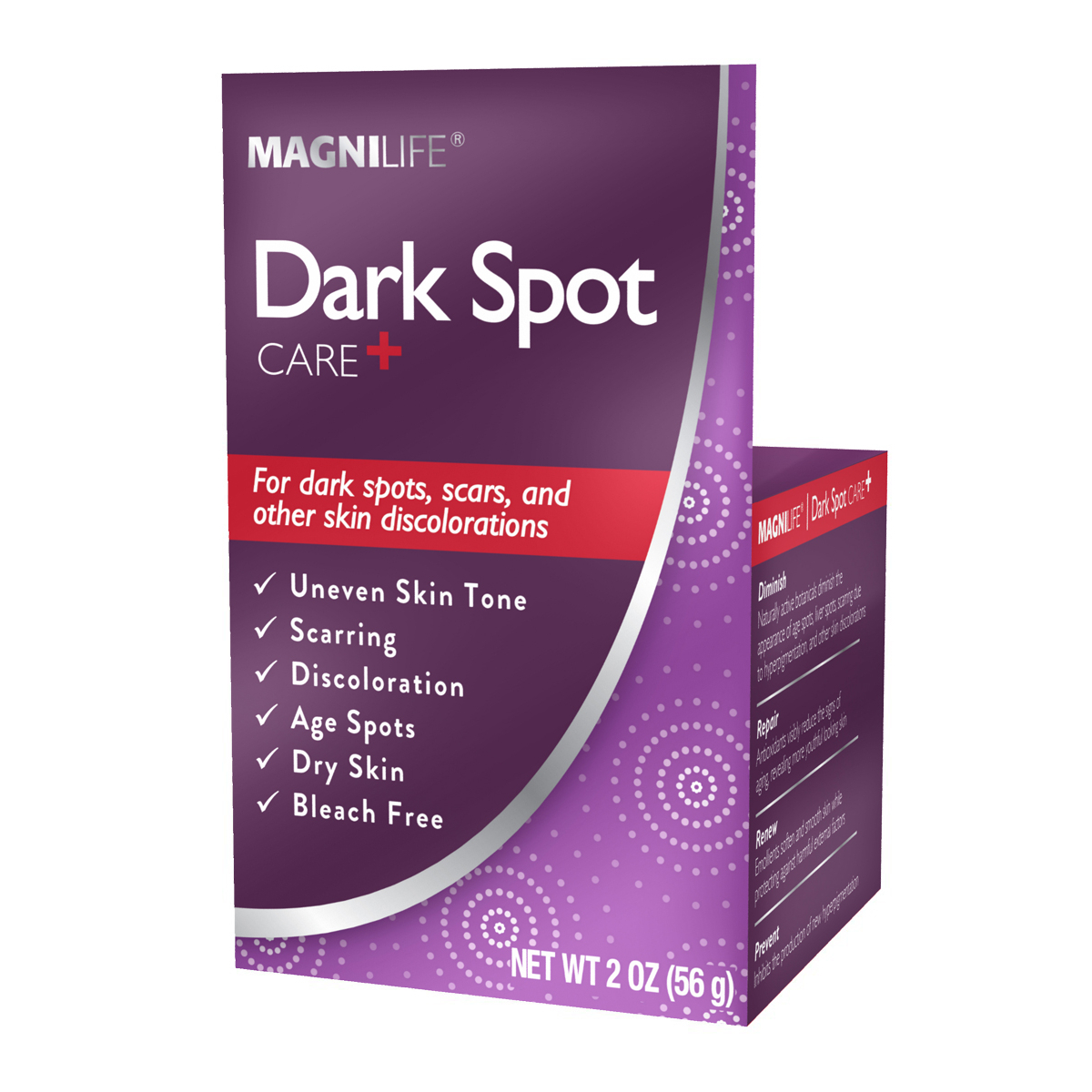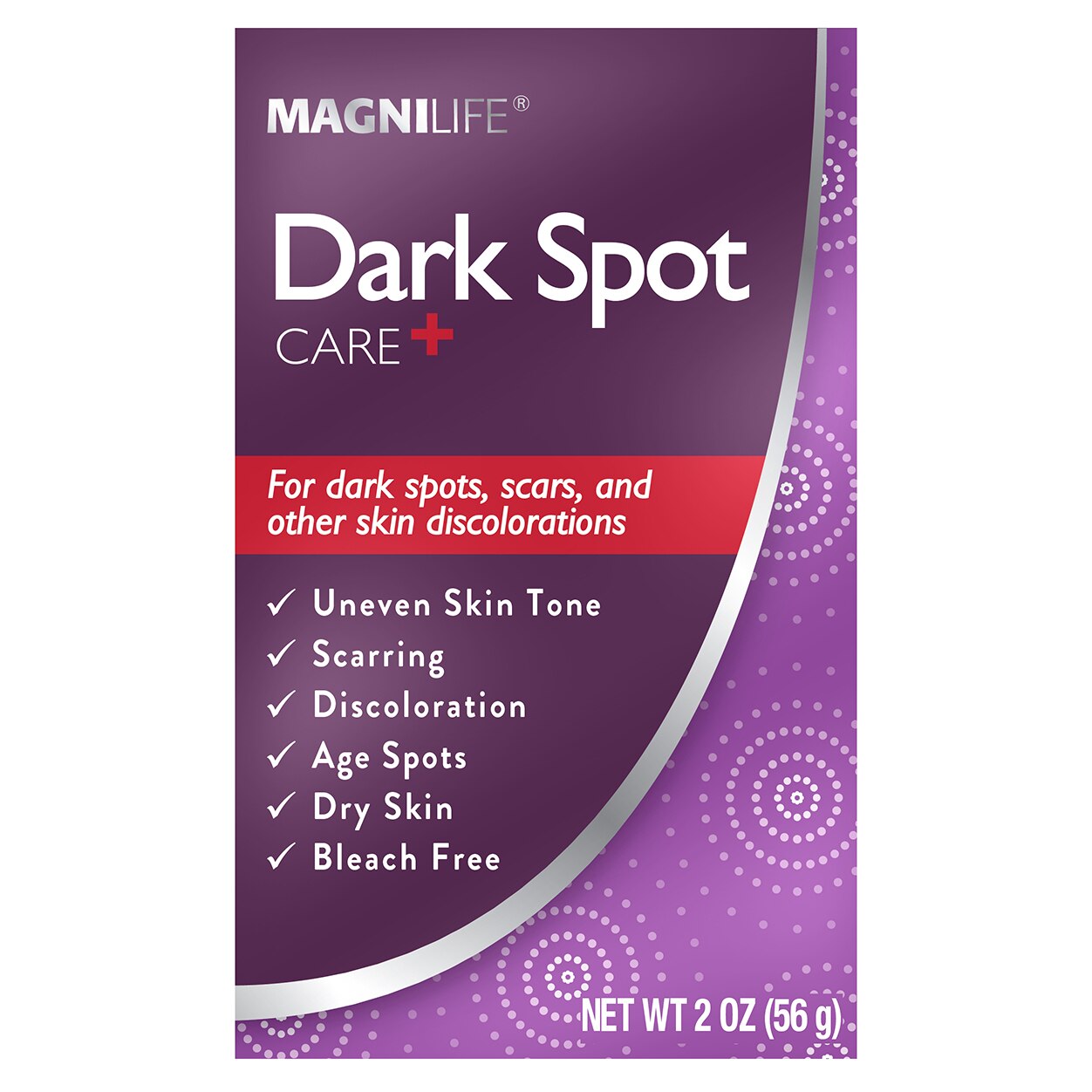Dark spots on the skin can be a persistent concern for many individuals, affecting confidence and overall skin health. If you're struggling with dark spots, you're not alone. According to dermatological studies, hyperpigmentation affects millions globally, with various causes and contributing factors. This guide dives deep into understanding dark spots, their causes, and effective care strategies to help you achieve even-toned skin.
From sun damage to hormonal changes, dark spots can have multiple triggers. Understanding these triggers is the first step toward effective treatment. In this article, we'll explore evidence-based solutions to address dark spots, from skincare routines to professional treatments.
This guide aims to provide comprehensive information that aligns with the highest standards of expertise, authority, and trustworthiness (E-A-T). Whether you're a skincare enthusiast or someone seeking professional advice, this article will equip you with actionable insights to tackle dark spots effectively.
Read also:Cheap Oil Cleansers The Ultimate Guide To Affordable And Effective Cleansers
Table of Contents
- Understanding Dark Spots
- Causes of Dark Spots
- Effective Skin Care Routines for Dark Spots
- Over-the-Counter Treatments
- Professional Treatments
- Natural Remedies for Dark Spot Care
- Prevention Tips for Dark Spots
- Myths About Dark Spots
- Scientific Research on Dark Spots
- Conclusion
Understanding Dark Spots
Dark spots, also known as hyperpigmentation, refer to areas on the skin that appear darker than the surrounding skin tone. These spots can range from small blemishes to larger patches and are often a result of excess melanin production. Melanin is the pigment responsible for skin color, and when produced in excess, it can lead to uneven skin tone.
While dark spots are generally harmless, they can significantly impact self-esteem and confidence. Understanding their nature is crucial for effective management. Dermatologists emphasize that early intervention can prevent dark spots from becoming more prominent over time.
Types of Dark Spots
- Post-inflammatory hyperpigmentation (PIH): Occurs after acne or skin injuries.
- Sunspots: Caused by prolonged sun exposure.
- Melasma: Often linked to hormonal changes, particularly during pregnancy.
- Freckles: Commonly hereditary but can darken with sun exposure.
Causes of Dark Spots
Several factors contribute to the formation of dark spots on the skin. Identifying the root cause is essential for choosing the right treatment plan. Below are the primary causes:
Sun Exposure
Prolonged exposure to UV rays is one of the leading causes of dark spots. The sun stimulates melanin production as a protective mechanism, leading to uneven pigmentation. According to the American Academy of Dermatology, wearing sunscreen daily can significantly reduce the risk of developing sunspots.
Hormonal Changes
Hormonal fluctuations, especially during pregnancy or while taking hormonal contraceptives, can trigger melasma. This condition often affects women and appears as dark patches on the face.
Effective Skin Care Routines for Dark Spots
A well-planned skincare routine is fundamental for addressing dark spots. Incorporating the right products and practices can lead to noticeable improvements over time.
Read also:Harry Styles Halloween Costume A Comprehensive Guide For Fans And Enthusiasts
Key Ingredients for Dark Spot Care
- Vitamin C: A powerful antioxidant that brightens the skin and reduces pigmentation.
- Hyaluronic Acid: Hydrates the skin, promoting an even tone.
- Niacinamide: Reduces inflammation and evens out skin tone.
Over-the-Counter Treatments
Many effective treatments for dark spots are available over the counter. These products often contain active ingredients like hydroquinone, kojic acid, and azelaic acid. However, it's important to consult a dermatologist before starting any new treatment, especially if you have sensitive skin.
Spot Treatments
Spot treatments are designed to target specific areas of hyperpigmentation. They are formulated with concentrated doses of active ingredients to fade dark spots effectively.
Professional Treatments
For more severe cases of hyperpigmentation, professional treatments may be necessary. Procedures such as chemical peels, laser therapy, and microdermabrasion can deliver faster and more dramatic results compared to at-home remedies.
Chemical Peels
Chemical peels involve applying a solution to the skin to remove the outer layers, revealing brighter, smoother skin underneath. Dermatologists recommend peels containing glycolic acid or salicylic acid for optimal results.
Natural Remedies for Dark Spot Care
For those who prefer natural solutions, several home remedies can help fade dark spots over time. Ingredients like aloe vera, lemon juice, and turmeric are known for their skin-lightening properties. However, it's important to patch test these remedies to avoid irritation.
Aloe Vera
Aloe vera gel has soothing and healing properties that can reduce inflammation and promote skin regeneration. Applying fresh aloe vera gel to dark spots twice daily can lead to gradual improvement.
Prevention Tips for Dark Spots
Preventing dark spots is as important as treating them. Below are some tips to keep your skin healthy and even-toned:
- Wear sunscreen with at least SPF 30 every day.
- Avoid picking at acne or skin injuries.
- Use gentle skincare products to prevent irritation.
Myths About Dark Spots
There are several misconceptions surrounding dark spots. For example, some believe that dark spots will fade on their own without intervention, which is not always true. Understanding the facts can help you make informed decisions about your skincare routine.
Common Myths
- Dark spots only affect people with darker skin tones.
- Exfoliation alone can eliminate hyperpigmentation.
Scientific Research on Dark Spots
Research into hyperpigmentation continues to advance, with new treatments and technologies emerging regularly. Studies published in reputable journals like the Journal of Clinical and Aesthetic Dermatology highlight the effectiveness of combination therapies, such as combining topical treatments with professional procedures.
Recent Findings
Recent studies have shown that incorporating niacinamide into skincare routines can significantly improve skin tone and texture. Additionally, advancements in laser technology have made treatments more precise and less invasive.
Conclusion
Dark spot care requires a comprehensive approach that combines proper skincare, professional treatments, and preventive measures. By understanding the causes and available solutions, you can take proactive steps toward achieving an even skin tone. Remember to consult a dermatologist for personalized advice and treatment options.
We encourage you to share your experiences or ask questions in the comments section below. For more skincare tips and advice, explore our other articles and stay informed about the latest trends and research in the field.


